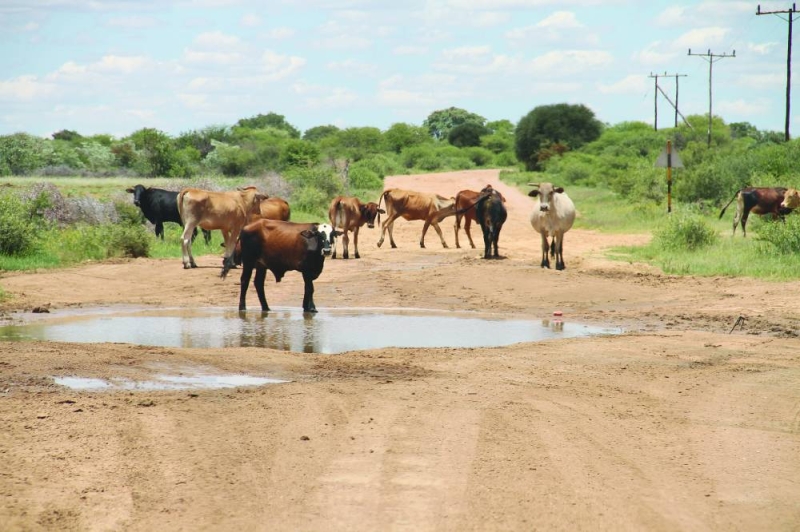FMD outbreak 2011 victims denied more compensation
Mpho Mokwape | Tuesday August 13, 2024 10:46


This came after the Court of Appeal (CoA) upheld an appeal by government ruling the compensation as determined then by the Minister of Agriculture was adequate and reasonable. The heavy blow to the farmers comes after being taken to the CoA to appeal the 2023 judgment by Gaborone High Court, Justice Zein Kebonang, who had ordered that compensation to the farmers be reviewed. At the time in December 2023, the case which Justice Kebonang referred to as perhaps the longest undecided matter in the history of the country had directed the Registrar of the High Court to decide within 21 days of the order on what would amount to fair compensation or market value of the victims’ livestock. The decision came after 46 victims of the FMD outbreak filed a review application in 2011 challenging the government for many issues and mainly the payment of P1,700 per beast compensation.
They had contended that the amount wasn't fair because both affected and unaffected livestock killed were prized the same. In the judgment, Kebonang had set aside the decision of the director of the Department of Animal Health to slaughter the applicants’ livestock and the compensation amount of P1,700. However, in determining the government's appeal to the High Court's decision, CoA president Justice Tau upheld the appeal and set aside the decision of Kebonang. 'The farmers have failed to prove that the decisions of both the director and minister were unlawful or irrational and liable to be set aside.
The court below erred in reviewing and setting aside the decisions,' she said. Justice Tau explained that the farmers argued that the determination of compensation was done without their input or consultation and that it was unfair that a blanket amount was declared to all animals without determining whether they were infected or not. She pointed out that the arguments were not sustainable because Section 8 (5) of the Constitution excludes compulsory acquisition of property, which is injurious to the health of animals. 'The minister was therefore not required to satisfy the requirement of adequate compensation in terms of the Constitution. The farmers also disregarded the fact that their cattle, which were in a containment zone, were at high risk of being infected by FMD, thus at the risk of their value being diminished,' stated Justice Tau.
The facts of the case are that sometime in early 2011, Botswana encountered an outbreak of the FMD and on or around July 8, 2011, the government, through the Department of Veterinary Services published an order declaring the whole of Zone 6 and 7 as infected with the disease. The court papers indicated that the order published under Statutory Instrument No. 55 of 2011 also declared that the movement of cloven-hoofed animals and their products into and out of Zone 6 and 7 was prohibited except under and in accordance with a permit issued by a veterinary officer. By the time the Statutory Instrument was published in July 2011, Cabinet had a month earlier, that is, on June 6, 2011, already approved the vaccination, slaughter and burial of all cattle in Zone 6 and a cash compensation of P1,700 per beast. The applicants, whose farms were located within the Zone 6 area, had their cattle seized and slaughtered, and it was the decision to slaughter their cattle that brought them to court.
